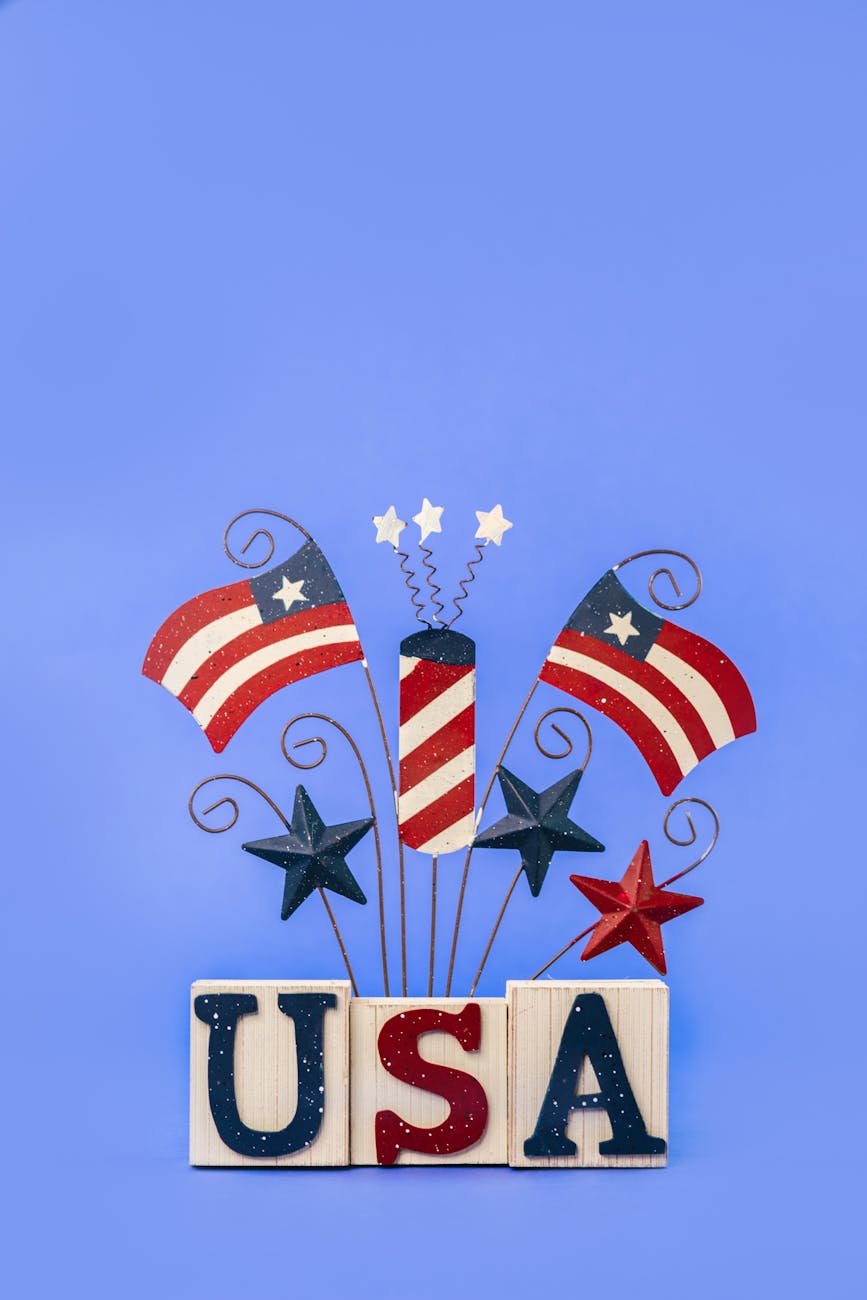Trump Labels Antifa as a Terrorist Organization
In a bold move that has stirred the pot in American political discourse, President Donald Trump announced early Thursday morning that he is designating the far-left anti-fascism group Antifa as a terrorist organization. This declaration was made on his Truth Social platform, a space he frequently uses to share his thoughts and policy decisions directly with his supporters. The announcement has sparked a wave of reactions, with supporters rallying behind the president and opponents vehemently criticizing the move.
Understanding Antifa’s Role
Antifa, short for “anti-fascist,” is a loose collective of leftist activists who oppose fascism and far-right ideologies. The group is not officially organized, which complicates any efforts to pinpoint its leadership or cohesive agenda. Members often employ direct action tactics, including protests and counter-protests, to confront groups they view as promoting hate. Their activities have garnered significant attention, especially during recent protests against systemic racism and police brutality. However, critics argue that Antifa’s methods can sometimes lead to violence and chaos, raising questions about the effectiveness and morality of their approach.
The Political Ramifications
This designation comes at a time when tensions are high in the United States, with protests and civil unrest continuing to make headlines. By branding Antifa as terrorists, Trump aims to galvanize his base and shift the narrative around leftist groups, presenting them as a serious threat to American values and safety. The implications are profound, as this classification could lead to law enforcement agencies taking a more aggressive stance against individuals associated with Antifa. Increased arrests and surveillance of activists may be on the horizon, further escalating the already charged atmosphere on the streets.
Responses from the Left
Reactions from the left have been swift and scathing. Many activists and politicians have denounced Trump’s declaration as an attempt to stifle dissent and silence legitimate protest movements. Critics argue that labeling activists as terrorists undermines their rights to free speech and assembly, core tenets of American democracy. The debate over Antifa’s tactics and their implications for free expression is likely to intensify, as both sides dig in for a cultural and ideological battle.
Public Perception and Media Coverage
The media’s portrayal of Antifa has also played a significant role in shaping public opinion. While some outlets highlight instances of violence and property damage linked to Antifa protests, others emphasize the group’s commitment to fighting racism and fascism. This divergence in coverage feeds into a larger narrative of division, where each side views the other as an existential threat. For many Americans, the term “Antifa” has become synonymous with chaos and disorder, while for others, it represents a necessary response to systemic injustice.
Legal and Social Consequences
The legal ramifications of this designation are complex. By labeling Antifa as a terrorist organization, Trump opens the door for potential legal actions that could impact a wide range of activities. This could include increased police powers to monitor and arrest individuals participating in protests, regardless of whether their actions are violent or peaceful. The chilling effect on free speech is a genuine concern; activists may think twice before participating in demonstrations, fearing repercussions from law enforcement.
Conclusion
As the nation grapples with issues of civil rights, freedom of expression, and public safety, Trump’s designation of Antifa as a terrorist organization signals a further polarization of the political landscape. Whether this move will lead to lasting changes in how protests are handled or how activists are treated remains to be seen. One thing is clear: the conversation around Antifa is far from over. The implications of this designation will be felt not just in the streets, but in the courts and in the hearts of everyday Americans as they navigate an increasingly divided society.
Questions
What do you think about the designation of Antifa as a terrorist organization?
How might this impact future protests and civil rights movements in the U.S.?
Is there a risk of this designation infringing on free speech rights?

